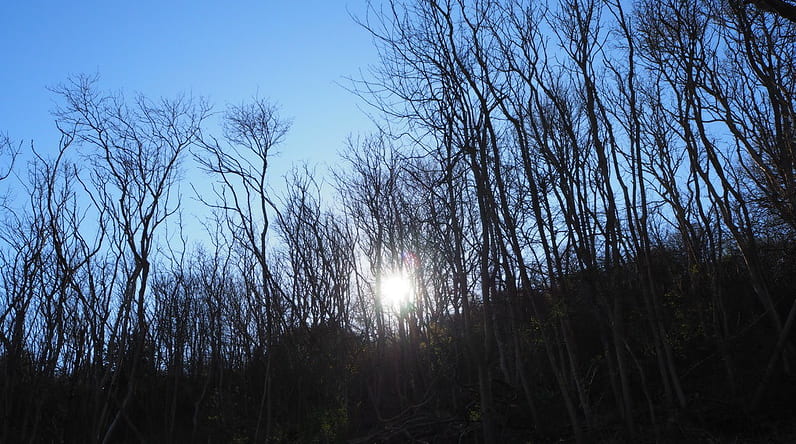There is a chance to create a better world but it will require collective effort, reflection and remembrance of lessons from this crisis
By Blog Editor, IOE Digital, on 21 April 2020

21 April 2020
There are no natural disasters, only natural phenomena. We call some of them disasters because of their human consequences. Coronavirus is no exception. As a phenomenon it threatens us all in the same biological ways. But, as a disaster, it has hugely different impact, varying with people’s socioeconomic backgrounds and privileges.
Contrary to suggestions, Covid 19 is not a ‘great leveller’. Still, this crisis has a different feel to it as it has tempered our occupation with bread and circuses, at least for those who can afford to slow down. “Break with the familiar, the routine ways of seeing, hearing, feeling, [and] understanding things,” as Marcuse (1969) notes, can help in illuminating what is at stake.
Mind, when not occupied with immediate concerns, starts to reflect. It observes asymmetries, inconsistencies and fallacies that it otherwise did not. Signs of such reflection are peppered throughout the social and conventional media. Posts lament limitless weapons juxtaposed with shortages of protective gear for medics, question huge (more…)
 Close
Close









